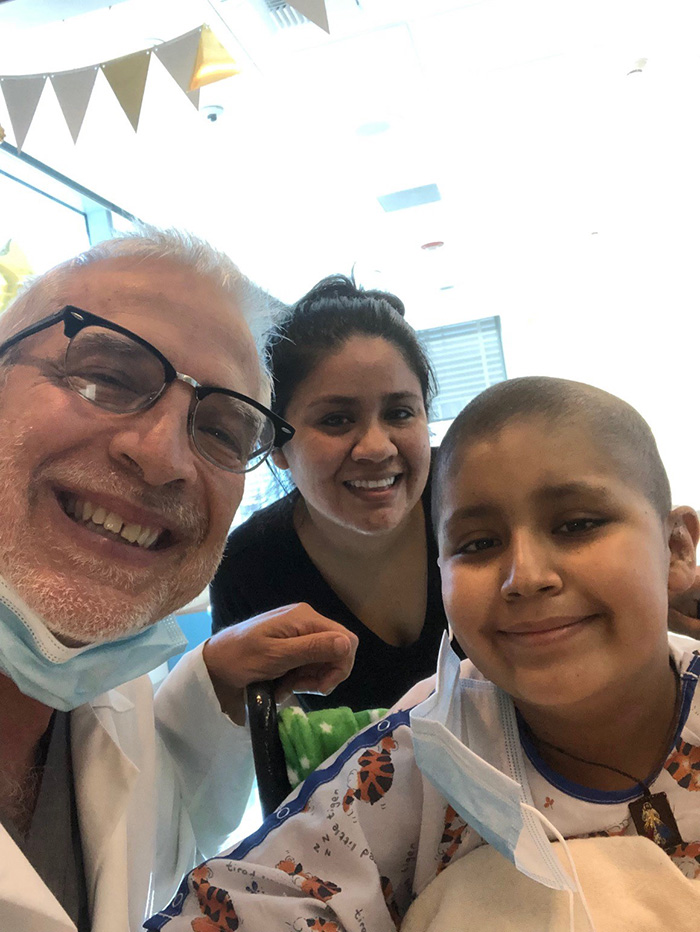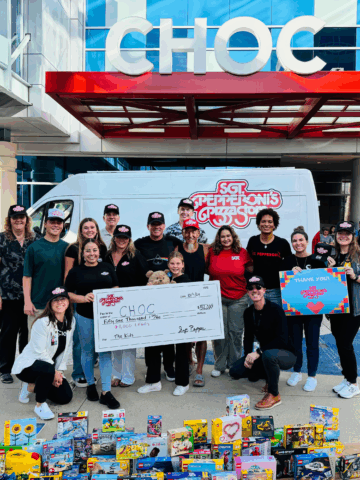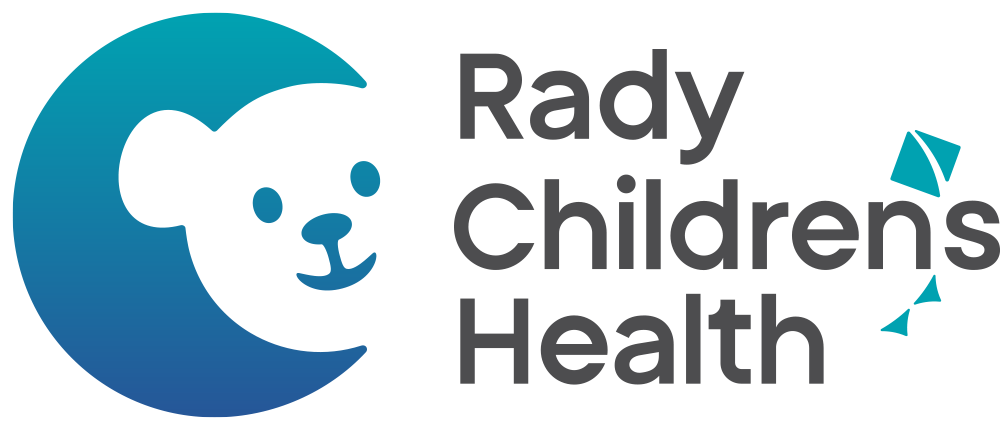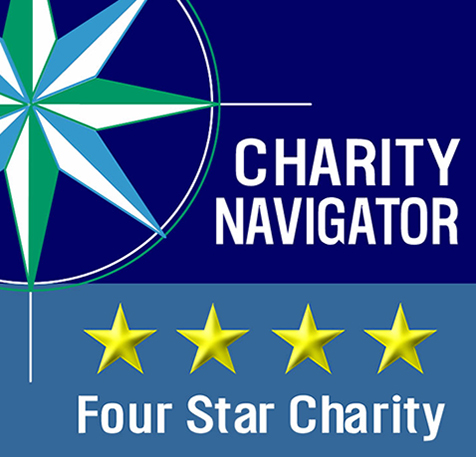His risk of dying was greater than 90%, but Kenny Avendano persevered—and inspired his entire medical team.
“Honestly I think Kenny is the face of resilience,” says Michelle Greene, a licensed clinical social worker who once had many end-of-life discussions with Kenny’s mother, Shendi Hernandez.
The teen’s will to survive was strong, from his leukemia diagnosis at age 10 through treatment and relapse, from a bone marrow transplant resulting in a rare infection that invaded his lungs and spine to spinal reconstruction surgery, from a medically-induced coma to being on a ventilator—all leading to further treatments and rehabilitation.
He spent eight months in the pediatric intensive care unit (PICU), where his care staff and other teams across CHOC made all the difference in his experience and helped with his recovery. Along the way, his great attitude toward life—despite the highs and lows he experienced—moved his caregivers.
His CHOC team reached across all disciplines—from the Hyundai Cancer Institute to the pediatric intensive care unit, from cardiologists to general and thoracic surgeons, from palliative care to rehabilitation and physical therapy, to team members from the Cherese Mari Laulhere Child Life Department and more. It takes a village of pediatric specialists to treat a child, especially one with complex needs like Kenny—and this is what distinguishes CHOC.

During a reunion with several members of the PICU who treated Kenny during his darkest days, tears flowed and hugs were shared. He is still the teen who loves math and volleyball and reading and everything about space travel.
“Where’s your cape?” Dr. Jason Cook, a pediatric critical specialist, quipped. “You’re Superman!”
Kenny cracked wise on his celebrity status at CHOC. “This is my Lexus right here,” he said of his wheelchair. “I sign autographs every now and then. I need to start charging.”
Philanthropy powers CHOC’s ability to overcome myriad healthcare challenges of patients like Kenny. Their greatest needs are met through the generosity of our community—enabling CHOC to have flexible resources on hand to utilize where and when they are most essential.





